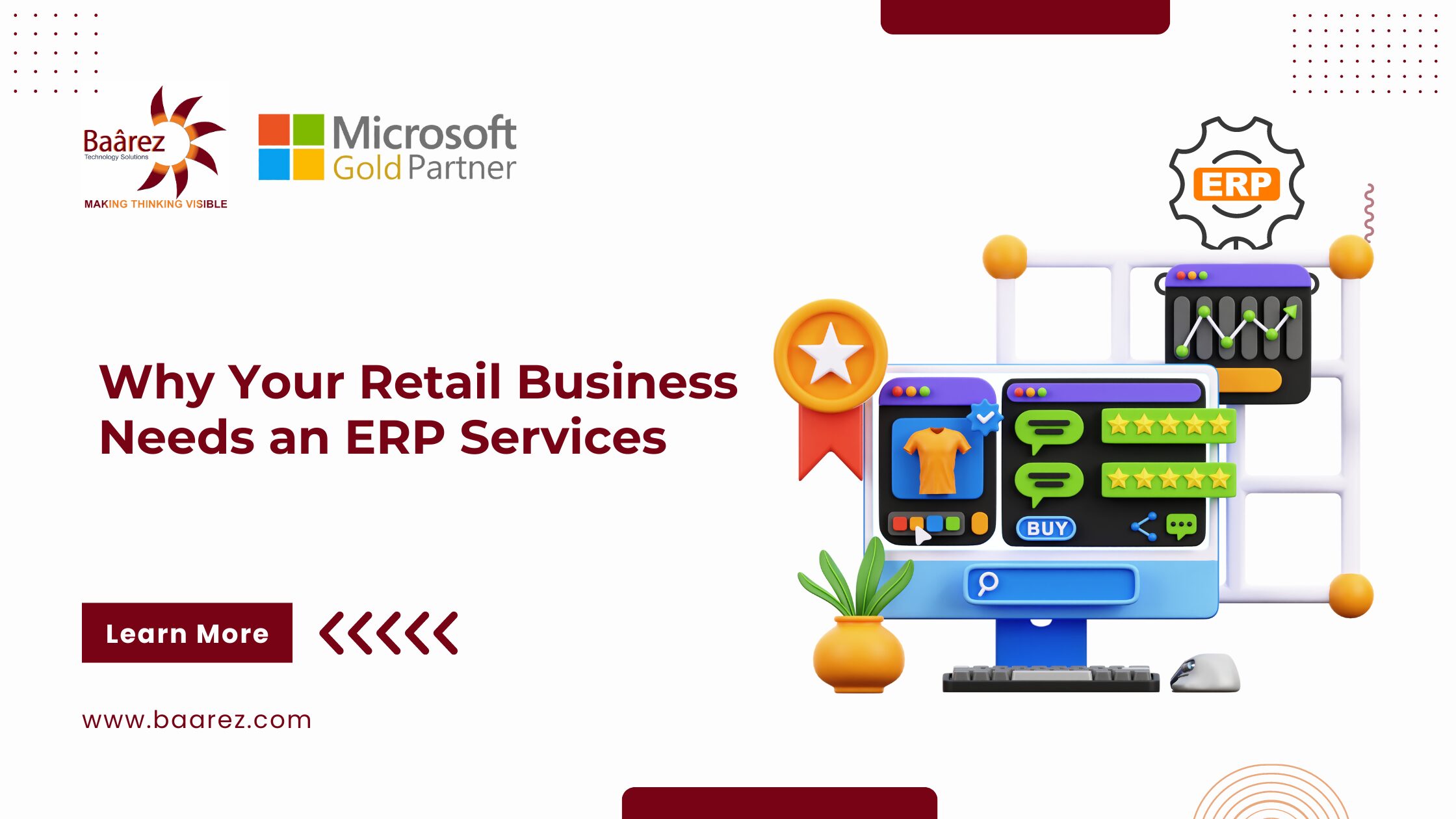
Table of Contents
Toggle
Baarez_20@25 August 6, 2024

Table of Contents
ToggleOffice No.15, 2nd Floor, MISR Insurance Building, C-ring Road, Doha, Qatar
1942 Broadway St. STE 314C Boulder CO 80302 US.
No. 202, Saha Offices (C), Souk Al Bahar, Downtown Dubai, UAE.
Vasanth Vihar, Thane – Mumbai, Maharashtra, India.
Punggol Field
Walk #16-20,
Flo Singapore 828743.
Copyright © 2025 Baarez Technology Solutions - All rights reserved.